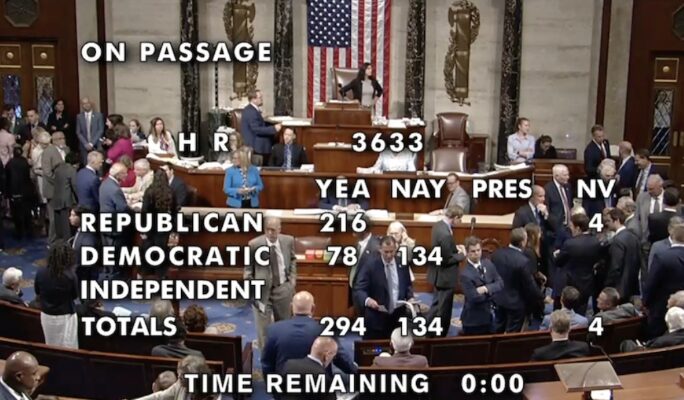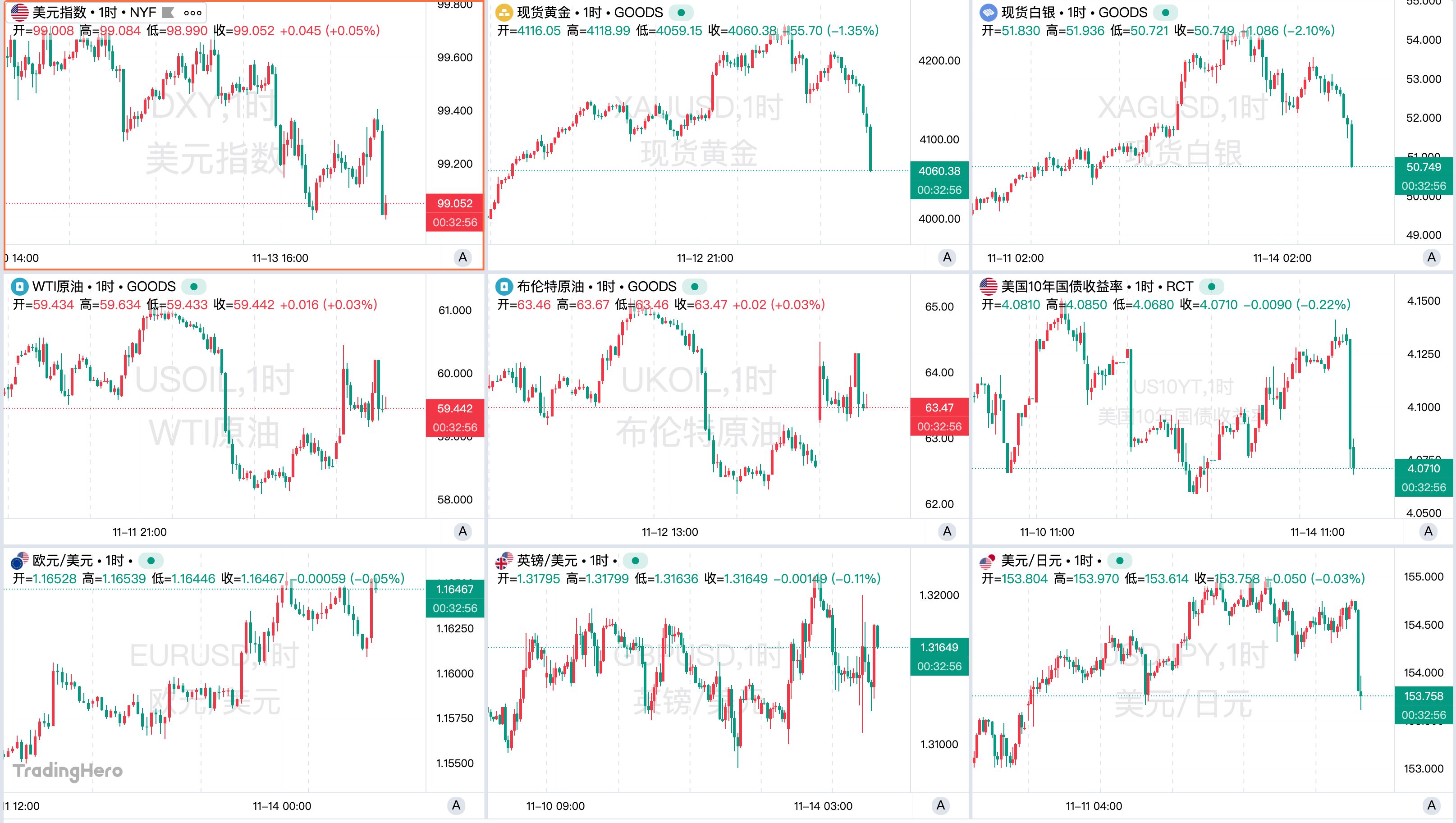US House Ties CBDC Ban to Defense Policy Bill
In a significant move impacting the future of digital currency, the US House of Representatives has inserted a sweeping provision into its annual defense policy legislation that would prohibit the Federal Reserve from developing or issuing a central bank digital currency (CBDC).
In a significant move impacting the future of digital currency, the US House of Representatives has inserted a sweeping provision into its annual defense policy legislation that would prohibit the Federal Reserve from developing or issuing a central bank digital currency (CBDC).
The updated version of HR 3838—the House’s draft of the 2026 National Defense Authorization Act (NDAA) was released Thursday by the House Rules Committee. The nearly 1,300-page bill now includes language blocking the Fed from creating, testing, or studying a digital currency, while also barring the central bank from offering financial services directly to individuals.
 Source
:
US House of Representatives
Source
:
US House of Representatives
The NDAA is considered “must-pass” legislation because it dictates military spending and national security priorities, making it a frequent vehicle for unrelated policy measures that may otherwise stall in Congress.
Republicans have been pushing to outlaw a US CBDC for more than a year. In July, the House narrowly approved the Anti-CBDC Surveillance State Act in a 219–210 vote, though that bill faces an uncertain path in the Senate. Conservative Republicans secured a promise from party leaders to attach the CBDC ban to the defense bill after threatening to block movement on other crypto-related legislation. At one point, their standoff delayed House proceedings for more than nine hours, the longest such holdup in the chamber’s history.
The new NDAA language makes clear that the restriction does not apply to stablecoins. It explicitly states that “any dollar-denominated currency that is open, permissionless, and private” would not fall under the ban.
House Republicans have repeatedly framed CBDCs as a threat to privacy and financial freedom. Representative Tom Emmer first introduced a version of the CBDC Anti-Surveillance State Act in early 2023, but the proposal lapsed at the end of the last Congress. He reintroduced it this year, with GOP leaders arguing it aligns with President Donald Trump’s January executive order opposing CBDCs.
Disclaimer: The content of this article solely reflects the author's opinion and does not represent the platform in any capacity. This article is not intended to serve as a reference for making investment decisions.
You may also like
Powell faces the ultimate test: At least three dissenters at the December meeting, Federal Reserve consensus collapses!
The "Fed mouthpiece" reported that internal divisions within the Federal Reserve have intensified amid a data vacuum, with three board members appointed by Trump strongly supporting a dovish stance, while the hawkish camp has recently expanded.
Weekly Hot Picks: Data Disappearance Doesn’t Stop the Fed’s Hawkish Stance! Global Multi-Asset Markets Face “Backstabbing”
The U.S. government shutdown has ended, but the release of key data remains chaotic. The Federal Reserve has sent frequent hawkish signals, causing significant declines in gold, silver, stocks, and currencies on Friday. The U.S. has launched Operation "Southern Spear". Buffett delivered his farewell letter, and the "Big Short" exited abruptly. What exciting market events did you miss this week?


SignalPlus Macro Analysis Special Edition: Is It Going to Zero?
Over the past week, cryptocurrency prices declined once again. BTC briefly reached $94,000 on Monday due to lighter selling pressure before pulling back, and major cryptocurrencies saw further week-on-week declines...

